
Senior writer Tina Hesman Saey is a geneticist-turned-science writer who covers all things microscopic and a few too big to be viewed under a microscope. She is an honors graduate of the University of Nebraska-Lincoln where she did research on tobacco plants and ethanol-producing bacteria. She spent a year as a Fulbright scholar at the Georg-August University in Göttingen, Germany, studying microbiology and traveling. Her work on how yeast turn on and off one gene earned her a Ph.D. in molecular genetics at Washington University in St. Louis. Tina then rounded out her degree collection with a master’s in science journalism from Boston University. She interned at the Dallas Morning News and Science News before returning to St. Louis to cover biotechnology, genetics and medical science for the St. Louis Post-Dispatch. After a seven year stint as a newspaper reporter, she returned to Science News. Her work has been honored by the National Academies of Sciences, Engineering and Medicine, the Endocrine Society, the Genetics Society of America and by journalism organizations.

Trustworthy journalism comes at a price.
Scientists and journalists share a core belief in questioning, observing and verifying to reach the truth. Science News reports on crucial research and discovery across science disciplines. We need your financial support to make it happen – every contribution makes a difference.
All Stories by Tina Hesman Saey
-
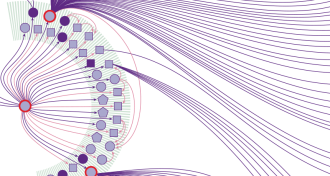 Health & Medicine
Health & MedicineAnatomy of the South Korean MERS outbreak
The Middle East respiratory syndrome virus, which infected 186 people in South Korea in 2015, quickly spread within and between hospitals via a handful of “superspreaders.”
-
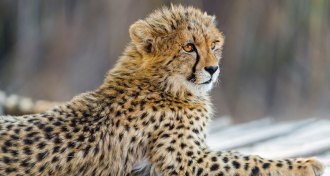 Life
LifeTweaking the pattern equations
A more than 60-year-old theory about how patterns in nature form gets an update.
-
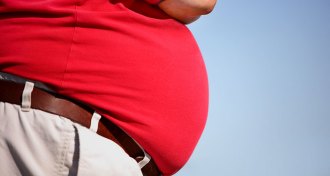 Life
LifeUpending daily rhythm triggers fat cell growth
Constant production of stress hormone spurs fat growth.
-
 Genetics
GeneticsRoosters run afoul of genetic rules
Moms aren’t always the only ones that pass mitochondrial DNA to offspring, a study of chickens finds.
-
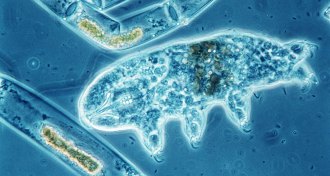
-
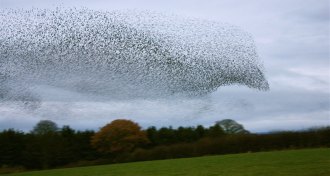 Life
LifeIn the body, cells move like flocks of birds or schools of fish
Cells move in groups similarly to flocks of birds and schools of fish
-
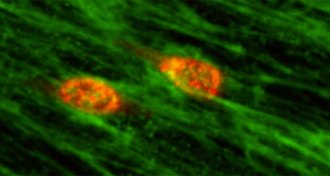 Life
LifeCancer cells get help migrating through the body
Helper cells may give cancer a straight shot to spread through the body.
-
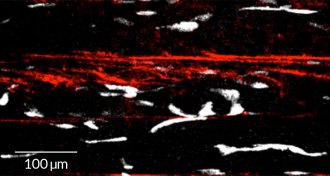 Life
LifeMuscle repair gets spooky help
Ghost fibers are tunnels that stem cells can use to rebuild muscles fiber by fiber.
-
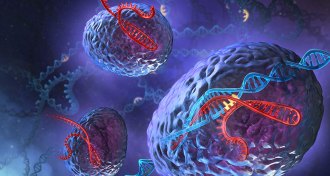 Genetics
GeneticsYear in review: Breakthrough gene editor sparks ethics debate
The gene editing system CRISPR has opened the door to new scientific advancements — and ethical concerns.
-
 Science & Society
Science & SocietyYear in review: Scientists tackle the irreproducibility problem
In 2015, several research groups reported the extent to which experimental results don't hold up to replication.
-
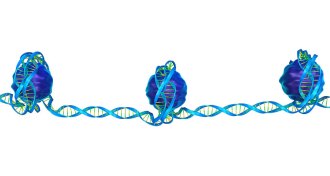 Genetics
GeneticsYear in review: Epigenome makes its debut
The Roadmap Epigenomics Project, unveiled in February 2015, is the first in a series of 3-D looks at the human genome.
-
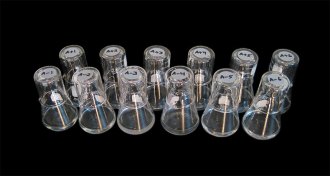 Genetics
GeneticsYear in review: Fluke extinction surprises lab
A die-off of bacteria in a carefully controlled lab experiment offered an evolutionary lesson this year: Survival depends not only on fitness but also on luck.